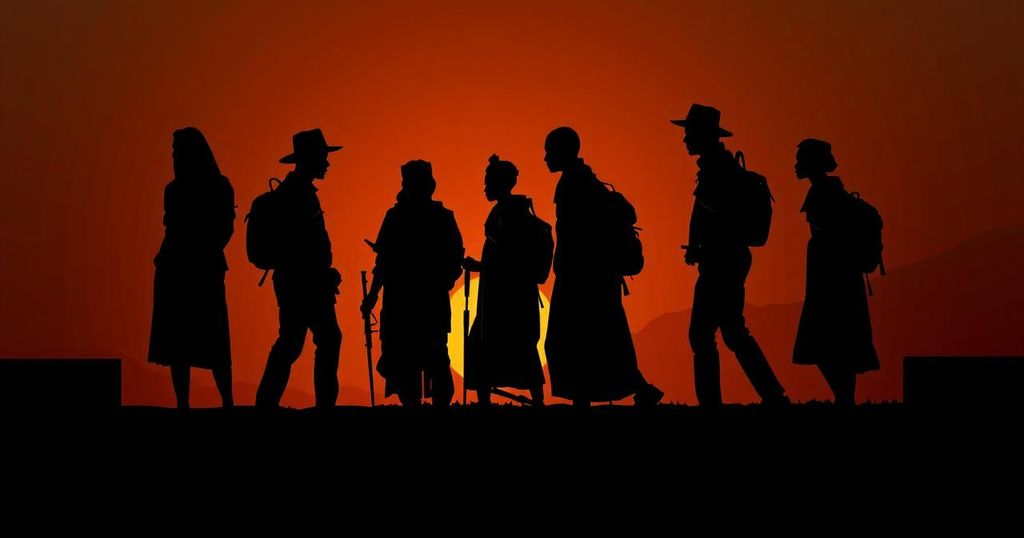Repositioning ECOWAS for Peace and Inclusivity in the Sahel Region
A request has been put forth for the Economic Community of West African States (ECOWAS) to collaborate with the African Union (AU), the United Nations (UN), and the Diaspora Community in mediation efforts regarding Niger, Burkina-Faso, and Mali. This call was made during a forum organized by the West Africa Democracy Solidarity Network (WADEMOS) and Centre for Democracy and Development (CDD) Ghana. The forum aimed to address the theme of “Strengthening Response to Democratic Recession in West Africa: The Role of the Diaspora Community,” and was held in Abuja.
A communique issued at the end of the forum emphasized the need for ECOWAS to explore partnerships with esteemed organizations such as the AU, the UN, and the Diaspora Community in order to enhance the mediation process in the Sahel region. This recommendation was made in light of recent failures in the mediation efforts with Niger, Mali, and Burkina Faso. Additionally, the communique highlighted the importance of a more effective communication strategy by ECOWAS in clearly conveying vital information to the citizens of the community, particularly within the Alliance of Sahelian States (AES). This is due to the lack of awareness among citizens regarding the implications of their countries’ exit from ECOWAS.
Furthermore, the participants at the forum expressed their continued support for ECOWAS as a pivotal agent in integrating the peoples of the region. They called on the regional body to revitalize itself and to promote the concept of the “ECOWAS of the People.” Specifically, there were requests for the immediate establishment of ECOSOC, an initiative aimed at promoting the ECOWAS of the People.
Another significant recommendation from the forum was the deployment of an all-female delegation to mediate with the military leaders of Burkina Faso, Mali, and Niger. The forum participants highlighted that an all-men delegation has not been successful in recent times, demonstrating a growing recognition of the importance of female representation in mediation efforts.
The communique also proposed a variety of other recommendations, including a call for the defense of human rights activists, particularly women who face the dual challenge of being both women and human rights defenders. Additionally, voices were raised in support of two-term limits for ECOWAS heads of state and government, as well as the condemnation of all unconstitutional changes of government in the region.
One of the central concerns expressed was the potential withdrawal of Burkina Faso, Mali, and Niger from the ECOWAS bloc. The forum participants lamented that this withdrawal could jeopardize significant interventions, projects, and programs in the region, including the Regional Food Security Reserve, the Sahel Regional Irrigation Support Programme, and the ECOWAS Regional Electricity Market project. These withdrawals could have extensive and adverse impacts on food security, regional infrastructure, and the economy.
In conclusion, the forum participants emphasized the urgency of strengthening ECOWAS and its partnerships to foster peace, inclusivity, and socioeconomic development in the Sahel region. By engaging in collaborative efforts with organizations such as the AU, the UN, and the Diaspora Community, ECOWAS can work towards mitigating the impact of potential withdrawals from the regional bloc, while also pursuing a more democratic and integrated future for the West African region.








Post Comment